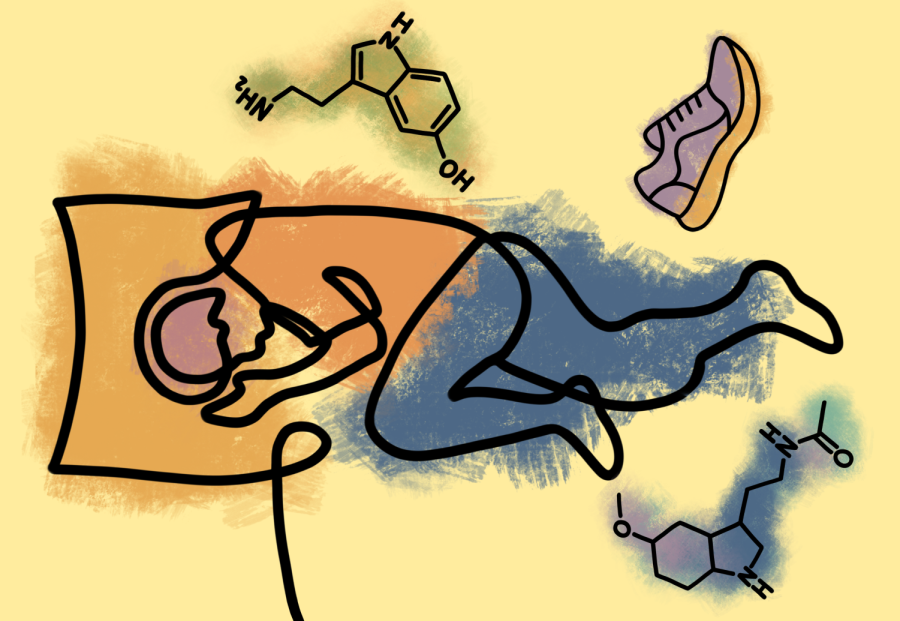Health: Incorporating beneficial habits
Amidst constant lifestyle changes and unexpected events, it is easy to forget the importance of implementing healthy routines into your life. Minor additions to your habits can level up your lifestyle and improve your mental and physical well-being.
Often overlooked, having a consistent sleeping schedule with a sufficient amount of sleep is crucial. Sleep not only boosts your energy throughout the day, but also your cognitive function, from your working memory to attention span. The Centers for Disease Control and Prevention recommends that teenagers aged 14-17 get eight to 10 hours of sleep per night. A lack of sleep for teenagers can lead to poor academic performance and emotional instability, as well as an increased risk of obesity and diabetes.
Breathwork is another habit and technique utilized in people’s daily routines for its mental and physical health benefits. By focusing on the breath and practicing intentional breathing exercises, you can reduce stress, improve focus and concentration and even lower blood pressure. There are many variations of breath work, from simple deep breathing exercises to more complex techniques such as Pranayama or Wim Hof breathing. Many people incorporate breathwork into their meditation practice, using their breath as an anchor to bring their attention back to the present moment. With the rise of mindfulness and wellness practices, breathwork has become more mainstream, with classes and workshops popping up in yoga studios and wellness centers across the country. Whether you are looking to reduce stress or simply want to feel more centered and focused, incorporating breathwork into your daily routine is a simple and effective way to improve your overall well-being.
Adding exercise to your daily routine not only has immense physical benefits, but it can also improve your brain’s functions. According to a podcast episode by the Huberman Lab, “Dr. Wendy Suzuki: Boost Attention & Memory with Science-Based Tools,” exercising can improve your cognitive function. As exercise increases blood flow and oxygen to the brain, it can help improve memory, attention and overall brain function. In fact, research has shown that regular exercise can even help prevent cognitive decline and reduce the risk of developing diseases like Alzheimer’s. Even moderate activity such as walking, biking or dancing can make a difference. To gain a mental boost, try taking a quick walk to add some movement into your day.
While incorporating healthy habits into your daily routine may seem daunting, these small adjustments can create a positive impact on your mental and physical health. Through simple habits such as prioritizing sleep, breathwork and exercise, you can level up your lifestyle.













